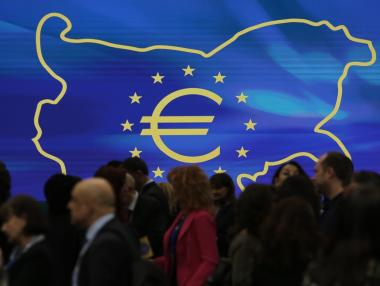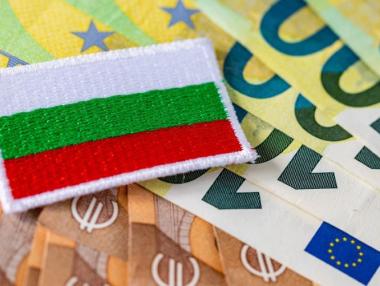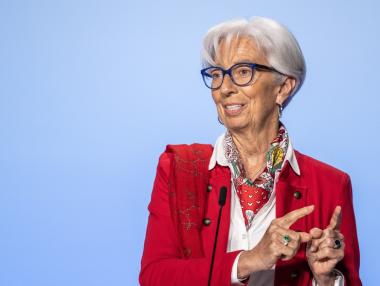Reforms and savings – the way to control the alarming budget deficit
Once a snowball gets rolling down a hill, there is no stopping it. This is a useful analogy for the situation with the growing expenses in the Bulgarian state budget

Once a snowball gets rolling down a hill, there is no stopping it. This is a useful analogy for the situation with the growing expenses in the Bulgarian state budget

An old saying goes that some things are better late than never. This was the case in the last three years when it came to compiling the Bulgarian government budget

Inflation in Bulgaria continues to inch closer towards the permissible limits for Eurozone admission. At the end of September, the country’s indicator was only 1 percentage

Inflation in Bulgaria will hover above 2% over the next two years, supported by wage and credit growth, and consumption will remain the engine of the economy

Yet another big bank in Bulgaria – UBB - expects that the country will only meet the inflation criterion for the Eurozone next year

Labor shortage is one of the main challenges facing businesses in Bulgaria - both for Bulgarian and foreign investors. Due to ever higher labor costs

Bulgarian GDP growth accelerated slightly to 2% in the second quarter of the year, compared to the same period of 2023.

Against the backdrop of increasing warnings from the Bulgarian National Bank (BNB) about the state of the housing loan market in the country

Bulgaria does not meet the inflation criterion and is not ready to join the Eurozone from January 1, 2025. This was expectedly stated by the European Central Bank

In 2024, the Bulgarian budget will supplement the pension system with over 5 billion euros and so it may be necessary to take on new debt